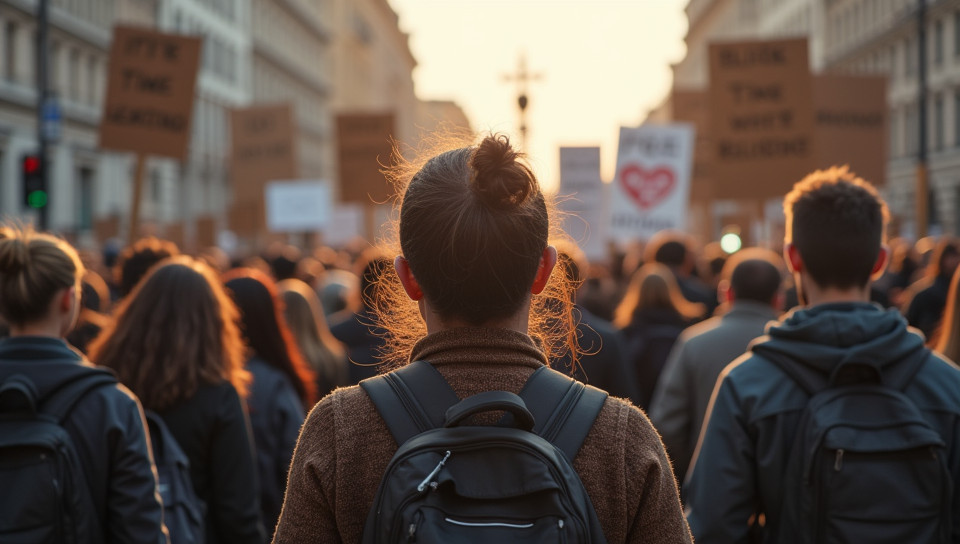Civil disobedience can challenge unjust laws and policies 81%

Challenging the Status Quo: The Power of Civil Disobedience
In a society governed by laws and policies, there will always be those who feel that certain regulations are unjust or unfair. For centuries, civil disobedience has been a powerful tool used to challenge these laws and bring about positive change. From Mahatma Gandhi's non-violent resistance in India to the Civil Rights Movement in the United States, civil disobedience has played a crucial role in shaping history.
The History of Civil Disobedience
Civil disobedience is not a new concept. In fact, it dates back to ancient times when individuals would refuse to comply with laws or policies that they deemed unjust. In the 19th century, Henry David Thoreau's essay "Civil Disobedience" inspired many to take a stand against slavery and social inequality.
The Power of Non-Violent Resistance
One of the key aspects of civil disobedience is non-violent resistance. This approach, popularized by Gandhi, involves using peaceful means to challenge unjust laws and policies. Non-violent resistance can be an effective way to bring attention to a cause and garner public support. It also allows individuals to maintain their dignity and avoid resorting to violence.
Why Civil Disobedience Matters
Civil disobedience matters because it provides a platform for marginalized communities to express themselves and demand justice. When individuals refuse to comply with unjust laws, they are sending a clear message that the status quo is unacceptable. This can lead to changes in policy and ultimately, a more just society.
- Examples of successful civil disobedience movements include:
- The Montgomery Bus Boycott (1955-1956)
- The Freedom Rides (1961)
- The Anti-Apartheid Movement (1940s-1990s)
Conclusion
Civil disobedience has the power to challenge unjust laws and policies, bringing about positive change in society. By using non-violent resistance and refusing to comply with unfair regulations, individuals can send a powerful message that demands justice and equality. As we continue to navigate complex social issues, it is essential that we recognize the importance of civil disobedience as a tool for creating a more just and equitable world.
In conclusion, civil disobedience is not a relic of the past; it is a vital component of any movement seeking to challenge unjust laws and policies. By embracing this powerful tool, we can create a brighter future for ourselves and generations to come.
- Created by: Benjamin Kelly
- Created at: Sept. 12, 2024, 9:32 p.m.
- ID: 9255







